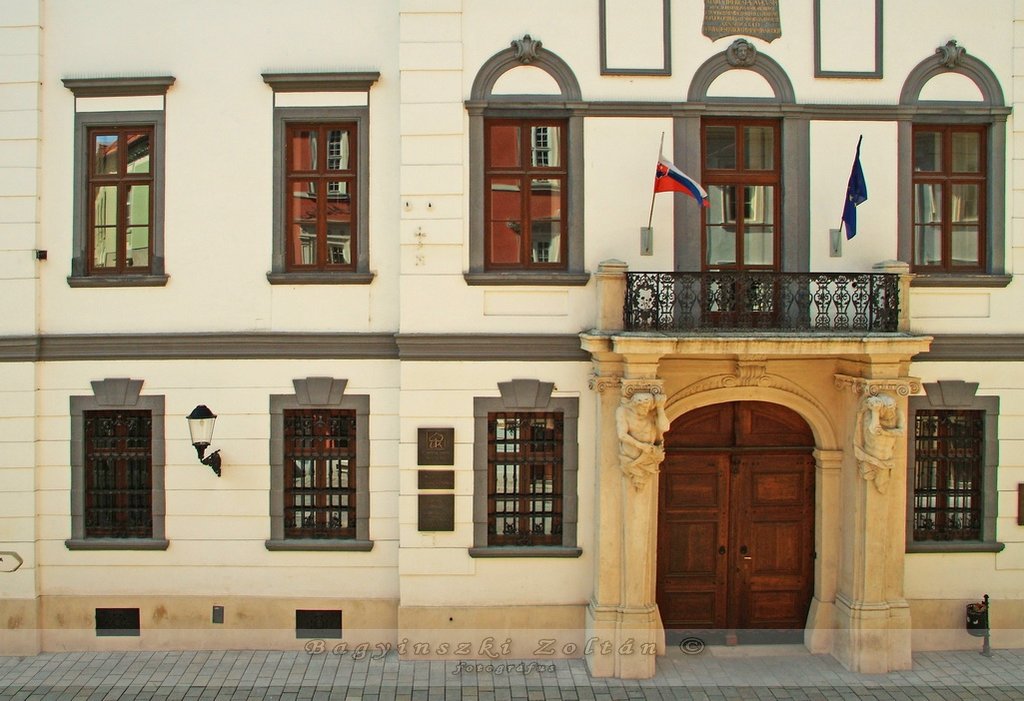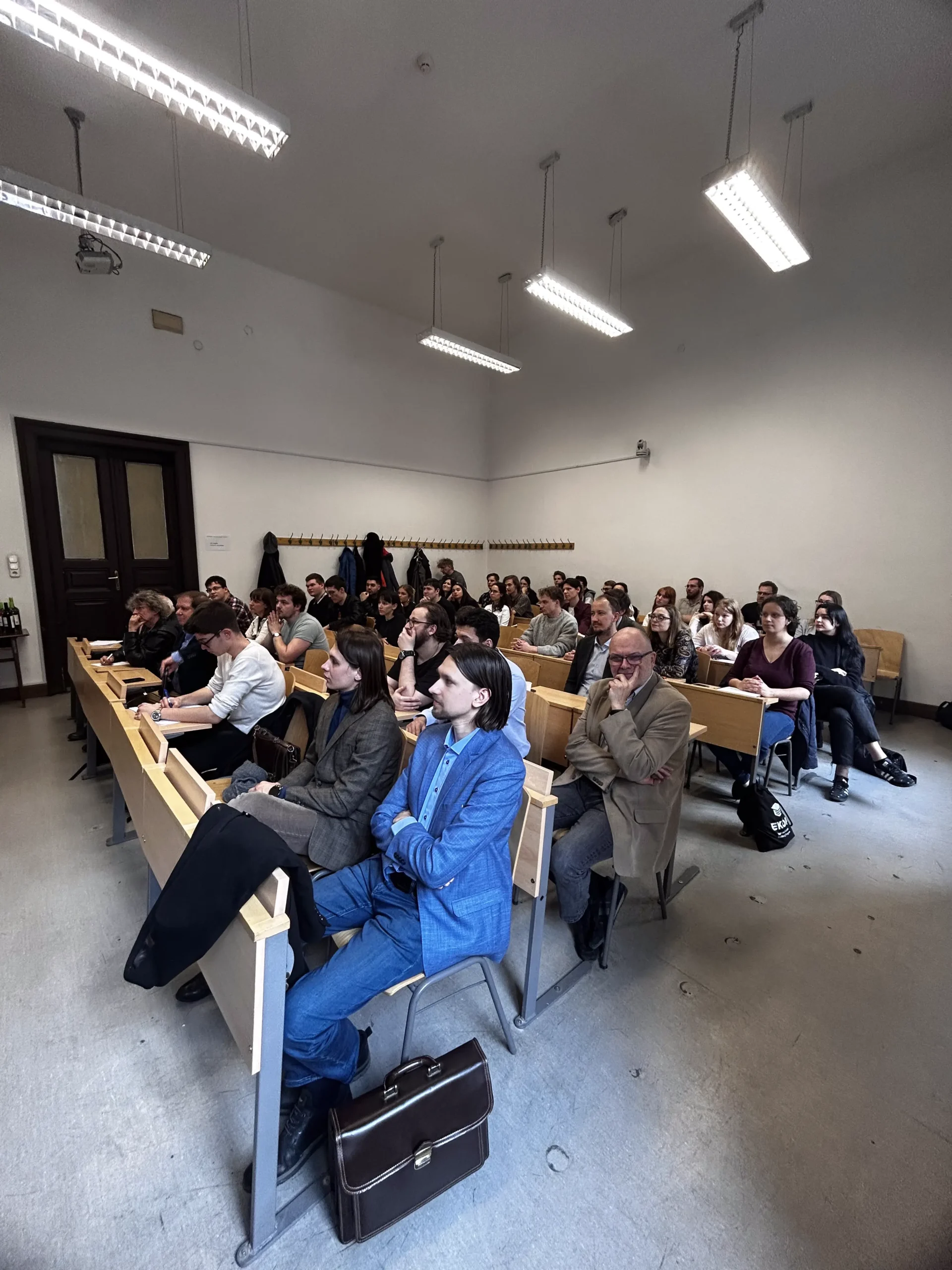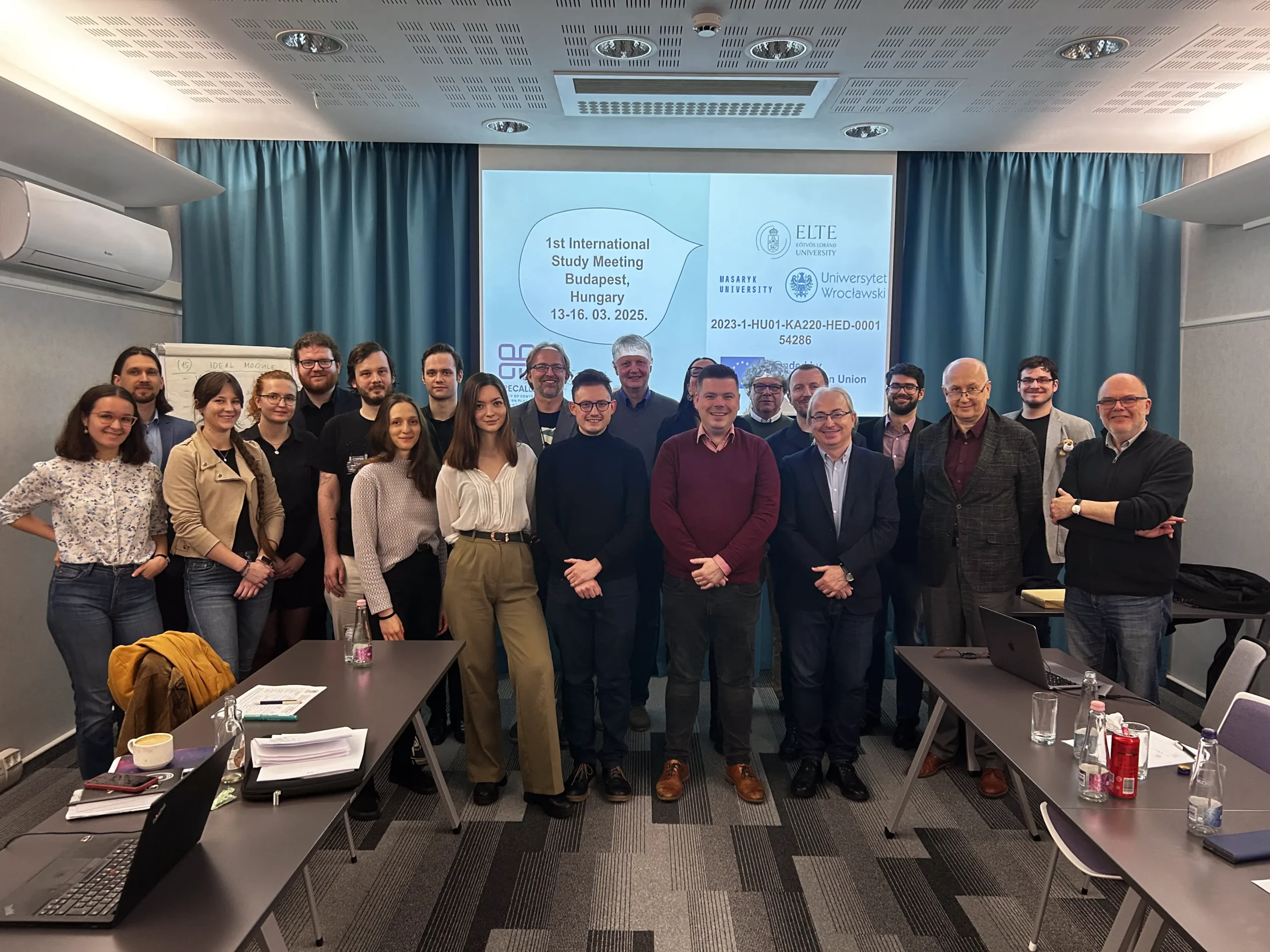Hungarian Parliament in Pozsony (Bratislava) – House of Parliament of Hungary in Pozsony (Bratislava)
Fact of the Hungarian figure „Home of the Jagellos and the Habsburgs”
Part of the „Legacy of the Jagiellonians and Habsburgs dynasties” topic
The Hungarian Parliament’s relocation to Pozsony (now Bratislava) was a significant outcome of the Jagiellonian and Habsburg legacies in Hungary. After the Battle of Mohács in 1526 and the ensuing Ottoman occupation of central Hungary, Buda fell under Turkish rule, forcing the Hungarian administrative center to move. Pozsony, strategically located on the border of Habsburg lands and outside the Ottoman sphere, was chosen as the new seat of the Hungarian Diet and remained a political center for Hungary for centuries. This shift was instrumental in shaping the Habsburgs’ influence on Hungarian affairs and strengthening the ties between Hungary and the Habsburg Monarchy.
The parliament building in Pozsony served as a political hub where Hungarian nobles gathered to discuss and negotiate with Habsburg rulers, balancing Hungarian autonomy within the wider Habsburg Empire. The institution of the Diet allowed the Hungarian nobility to voice their concerns and influence decisions, a unique privilege that preserved a level of autonomy for Hungary within the empire. This autonomy was a central feature of Habsburg-Hungarian relations, as it helped maintain the distinct identity and legal traditions of Hungary while also aligning with the interests of the broader Habsburg territories.
Pozsony became a melting pot of Central European political influence, drawing noble families from across the Habsburg lands, including Austria, Bohemia, and Moravia. The Diet’s presence in Pozsony fostered greater cultural and intellectual exchanges, strengthening alliances across the region and bringing Hungary’s nobility into closer contact with the ideas and reforms of the Habsburg court.
Over the centuries, the parliament in Pozsony continued to function as a crucial space for asserting Hungarian rights and negotiating compromises with the Habsburgs. These discussions were key in shaping policies on issues ranging from military contributions to religious freedoms, reflecting the complexities of governing a multi-ethnic empire. The legislative body in Pozsony thus played an enduring role in the legacy of the Jagiellonian and Habsburg dynasties, bridging Central European powers and safeguarding Hungarian interests.





